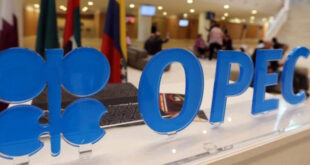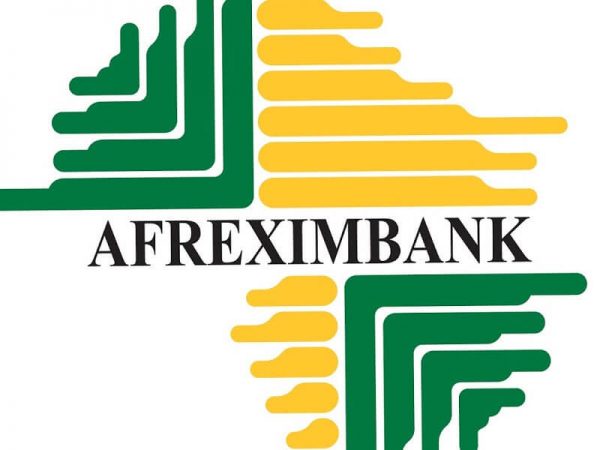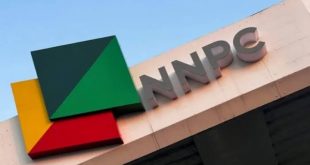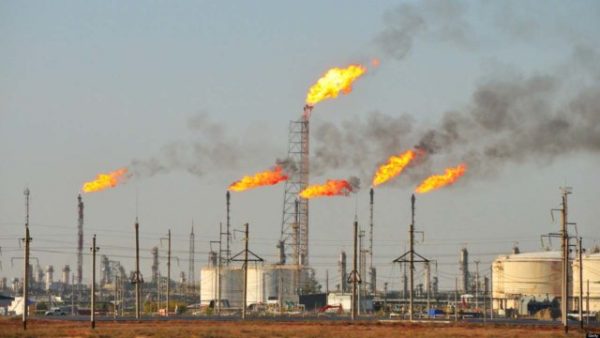
The Nigerian National Petroleum Corporation (NNPC) recently made a strong case for the complete removal of subsidy from the petroleum products pricing template by the incoming government.
Group Coordinator, Corporate Strategy and Planning, NNPC, Tim Okon, said fuel subsidy was not sustainable in view of the fact that government was not in control of the factors that influence retail fuel price, particularly fluctuations of crude oil price at the international market.
“Since government does not control crude oil price, its fluctuation often creates fiscal instability in the country, which negatively impact on Nigeria’s revenues.
“So, from the technical analysis made, it is obvious that subsidy is real, and it is something that should go, because it is not sustainable,” Mr. Okon said.

Mr.Okon was speaking at the Society of Petroleum Engineers 2015 Oloibiri Lecture Series and Energy Forum in Abuja.
Fuel subsidy, he said, creates distortions in government revenue distribution as a result of round tripping and unnecessary carry over of expenditures every year in a way that is difficult for government to control or sustain.
The NNPC official described subsidy as the difference between expected open market fuel price and actual retail price consumers pay at petrol stations as regulated by the Petroleum Products Pricing Regulatory Agency (PPPRA) and the Department of Petroleum Resources (DPR).
Over the years, he said government had not been able to state categorically the actual amount spent on fuel subsidy in the budget by the Federal Ministry of Finance, since the provision in any given year could either be lower or higher than the actual sum paid to marketers.
When the price of crude oil fell to about $40 per barrel in the last quarter of2014, Mr. Okon noted that subsidy was not paid by the government, as the landing cost of the petrol was almost equal to the open market value.
For the Chairman, Oil Producers Trade Section, Elizabeth Proust, the impact of the falling crude oil prices on Nigeria’s revenue was huge, as estimates revealed that at an average price of $53 per barrel for crude oil, Nigeria’s revenue would drop by about $10 billion this year.
“There is no doubt that the crude oil prices we are experiencing today are having a severe adverse impact on the revenues of both producers and host governments globally,” Mrs. Proust said.
Nigeria,she pointed out, was not immune to the global revenue squeeze, adding that with crude oil price estimated to average $53 per barrel in 2015, compared to $77.5in 2014, Nigeria’s oil revenue would decline by about 30 per cent.
Last February, the Executive Secretary, Major Oil Marketers Association of Nigeria(MOMAN), Obafemi Olawore, had made a similar demand for removal of fuel subsidy and introduction of full deregulation of the downstream sector to bring efficiency to the sector and end the perennial fuel crisis.
Mr.Olawore had blamed the perennial cycle of fuel scarcity on “discrepancies in subsidy payments’’ and delay in the passage of the Petroleum Industry Bill by the National Assembly.
It is not clear whether the NNPC would have called for removal of subsidy if the ruling Peoples’ Democratic Party had won the March 28 and April 11 general elections.
In January 2015, when crude oil price dropped to a five-year low level of $47.23 per barrel, government refused to cash in on the situation and remove fuel subsidy.
Rather, it chose to announce a marginal reduction in retail price of fuel from N97 toN87 per litre.
The outgoing administration would be remembered for paying the highest fuel subsidy bill in the country’s history, from about N356 billion in 2011 to about N2.7trillion in 2013.
The administration’s attempt to cut fuel subsidy in January 2012 resulted in nationwide crisis that crippled the country’s economy for a week.
 MMS PLUS NG – Maritime, Aviation, Business, Oil and Gas News Online Newspaper with coverage in Maritime, Oil and Gas, Aviation, Power and Energy as well as Financial News
MMS PLUS NG – Maritime, Aviation, Business, Oil and Gas News Online Newspaper with coverage in Maritime, Oil and Gas, Aviation, Power and Energy as well as Financial News








